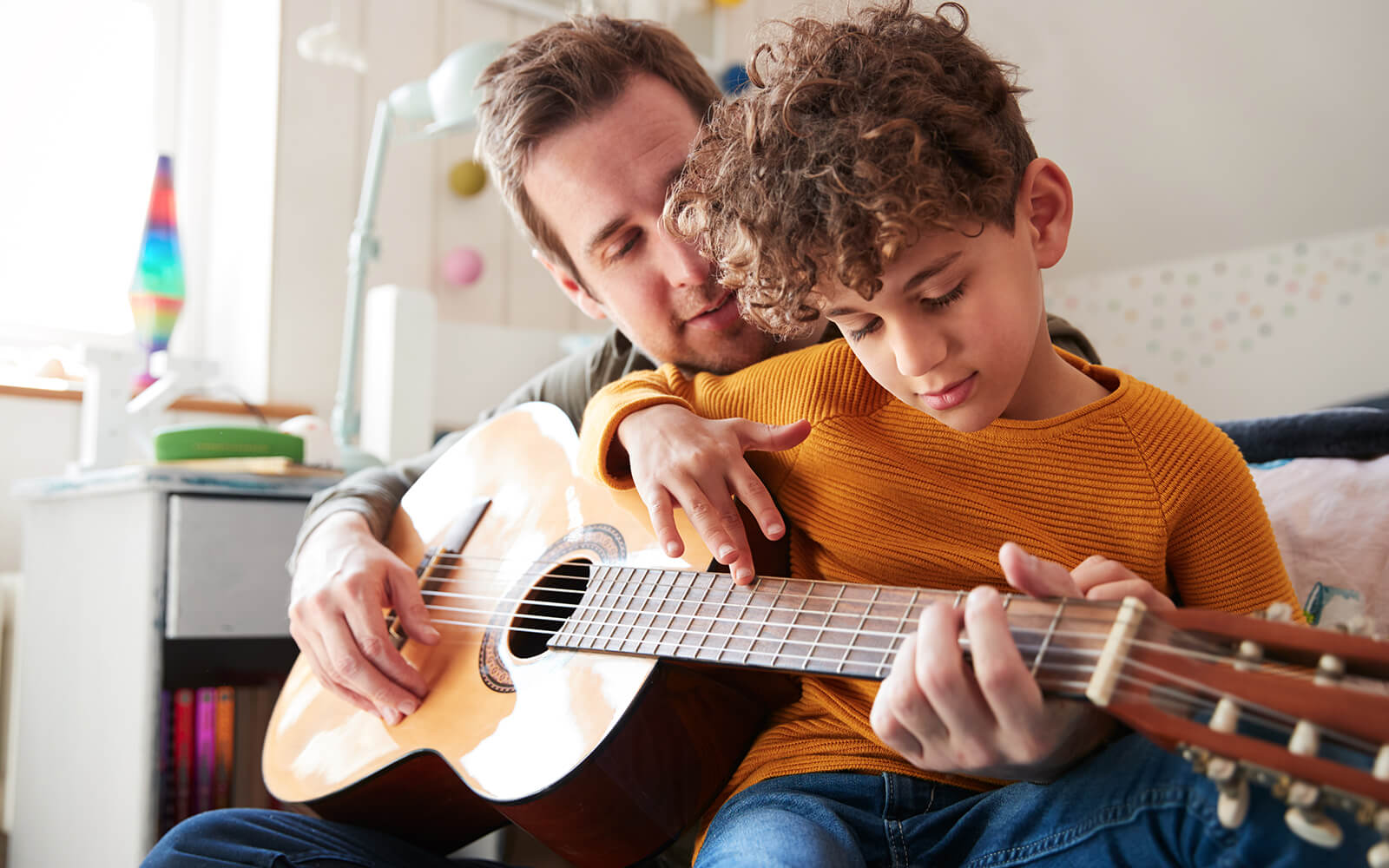“A child needs encouragement as a plant needs water” – (Rudolf Dreikurs, an Adlerian psychologist and author of Children: The Challenge)
Rudolf Dreikurs thought that encouragement is the best skill to have and is the best way to help a misbehaving child. Encouragement is giving children opportunities to develop their beliefs that they are capable. Encouragement lets kids know they are loved and are good enough, just the way they are. It teaches children that they are separate from their actions and behaviours. It lets them know they are valued without judgement. Children who are encouraged have positive self-regard and a sense of belonging. They learn that mistakes are opportunities for learning and growth.
Our job is to help them reach this goal by working on these 5 things:
1.Building confidence in their skills
2.Developing confidence in their judgements
3.Noticing improvements
4.See mistakes as opportunities to learn
5.Developing your child’s capabilities
You may be wondering, what is the difference between praise and encouragement? Praise and rewards teach kids to get their self-worth from what others think of them. Praise is an evaluation. And evaluation is uncomfortable.
‘You are so smart’…‘Good job’…‘You are a great musician’…‘You’re so pretty’
According to Dr. Ginott, author of Between Parent & Child, says to “describe, don’t evaluate. Deal with the events, don’t praise personality. Give a realistic picture of the accomplishment, don’t glorify the person. Direct praise of personality, like direct sunlight, is uncomfortable and blinding.”
Try to describe instead. Descriptive recognition has two parts. Ours words, and the child’s conclusion. Praise is what the child says to themselves after we have spoken. Therefore, our words should describe what we like and appreciate about the child’s efforts, achievement, consideration or creation. We describe the specific event and our specific feelings.
Here are some examples:
“Thank you for the birthday card. I could not stop laughing, it was so funny.”
“Your singing made me want to get up and dance.”
Our description praise, and the child’s conclusions are the building blocks of mental health. From our messages the child concludes “I am liked. I am appreciated. I am respected. I am capable.”
From
- Haim G. Ginott, Between Parent & Teenager, 1969
- Rudolf Dreikurs, Children: The Challenge

